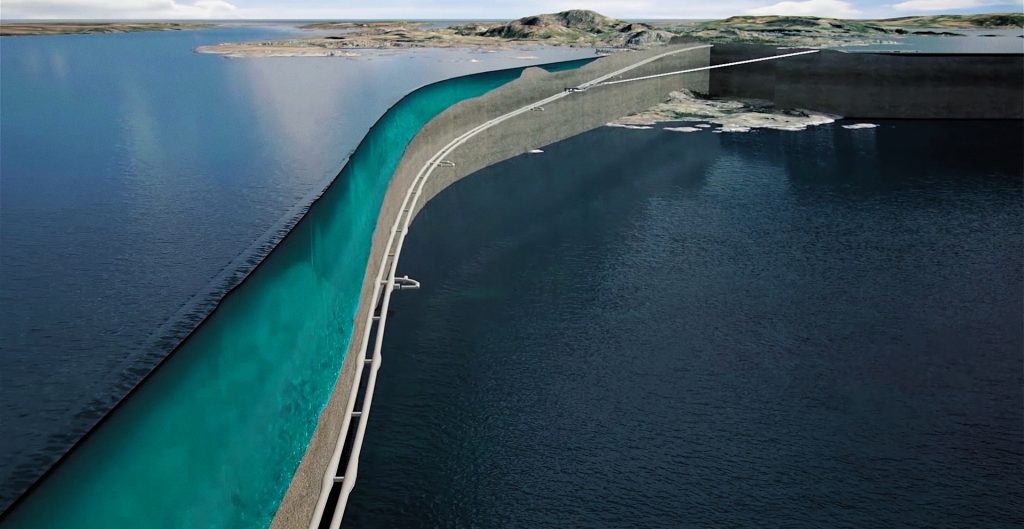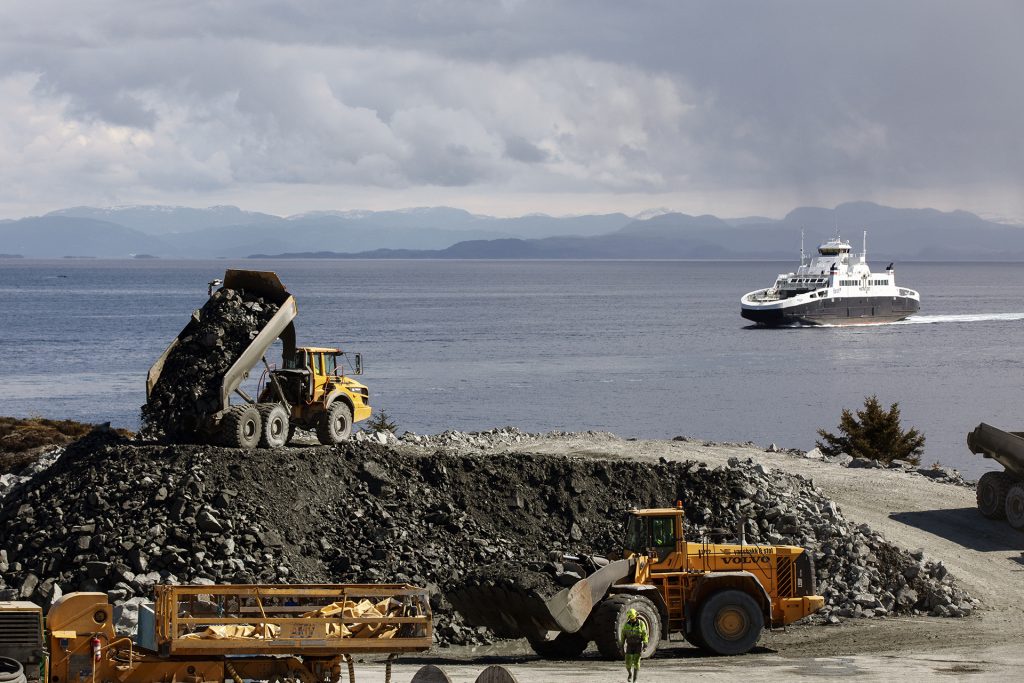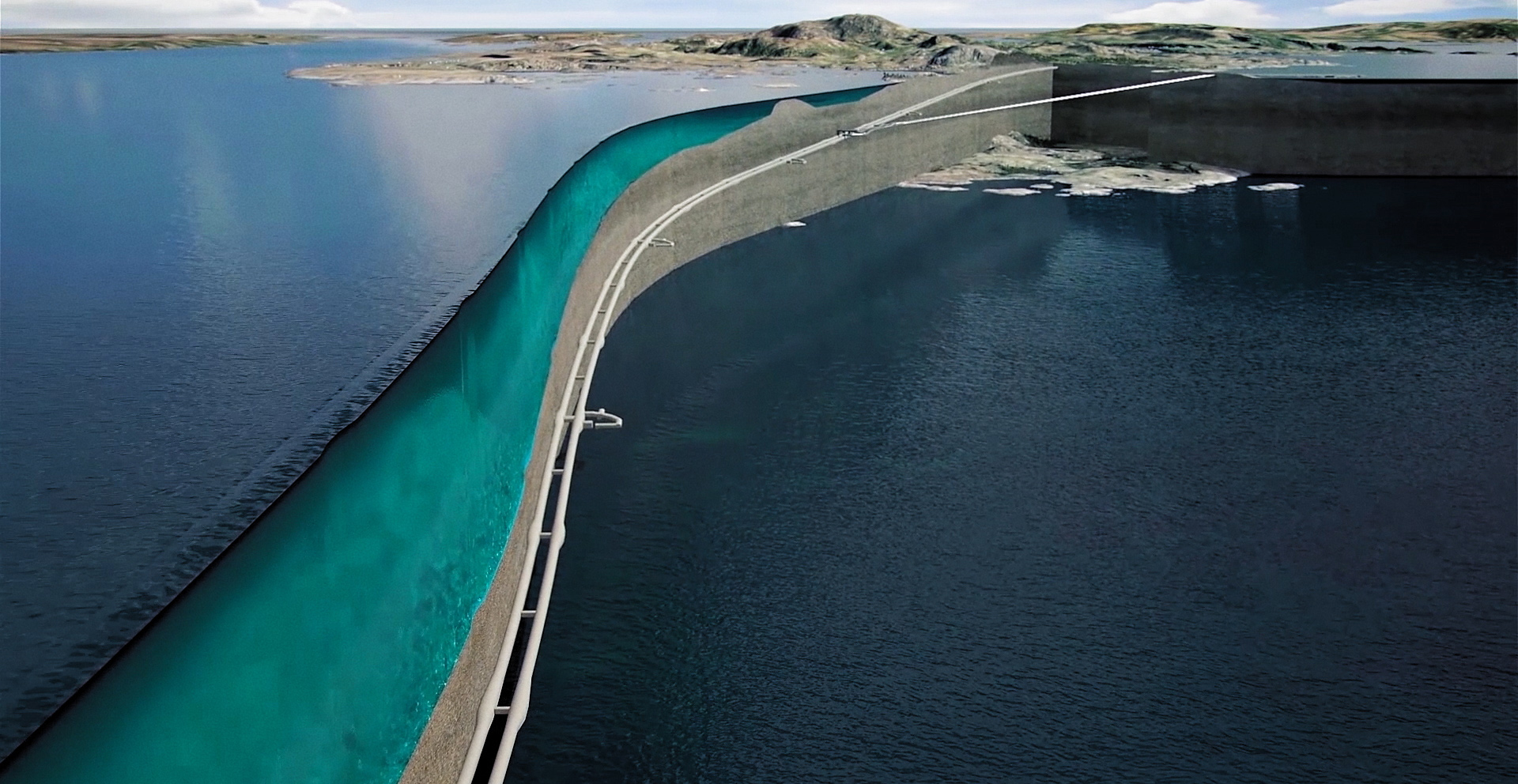Reconstruction of the Coastal Highway Route E39 is not only Norway’s biggest ever infrastructure project – but the Rogfast Tunnel, of which it is part, will be the world’s longest and deepest underwater highway. With a depth of up to 392 meters below sea level, this pioneering project is the eighth exciting installment in Volvo Construction Equipment’s (Volvo CE) Megaproject Listing.
 Norway is well-known for its breathtaking coastline, with high mountains and deep fjords. But there’s a downside to this spectacular landscape. At the moment, the Coastal Highway Route E39 between Kristiansand in the south and Trondheim in the north is a journey of around 21 hours. Yet about a third of Norway’s 5.3 million people live along this highway, which is also an important trade route for Norwegian businesses, as some 60% of the country’s export goods are produced on the West Coast. In addition, when the E39 leaves Norway it proceeds to Denmark, making it an important entry point to the rest of Europe.
Norway is well-known for its breathtaking coastline, with high mountains and deep fjords. But there’s a downside to this spectacular landscape. At the moment, the Coastal Highway Route E39 between Kristiansand in the south and Trondheim in the north is a journey of around 21 hours. Yet about a third of Norway’s 5.3 million people live along this highway, which is also an important trade route for Norwegian businesses, as some 60% of the country’s export goods are produced on the West Coast. In addition, when the E39 leaves Norway it proceeds to Denmark, making it an important entry point to the rest of Europe. But building tunnels at this depth poses a challenge. In order to make the journey as safe as possible for road users, construction will include the building of two separate tunnels for traffic flow. In addition, every 250 meters will be passages that connect the two tunnels, allowing for a quick and easy exit in case of emergencies.
But building tunnels at this depth poses a challenge. In order to make the journey as safe as possible for road users, construction will include the building of two separate tunnels for traffic flow. In addition, every 250 meters will be passages that connect the two tunnels, allowing for a quick and easy exit in case of emergencies.
Volvo CE will be showcasing its role in this innovative project as part of the latest installment of the award-winning Megaproject Listing. Tiffany Cheng, Global Director, External Communications, at Volvo CE, says: “When complete, this tunnel will make the lives of people who live and work in Norway and beyond that much easier. To be a part of this exceptional project, and to have a role in improving access through this beautiful corner of the world, is a real point of pride for us at Volvo CE.”








